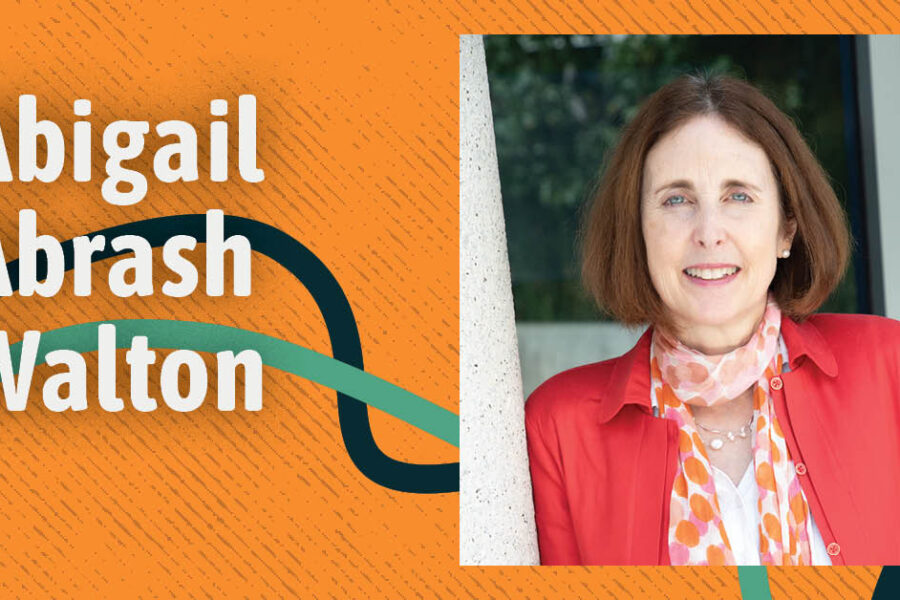Generations of Latinx/e people in the United States have faced discrimination, racism, and many other sorts of oppression. Although these are ongoing injustices, the COVID-19 pandemic and the national movement for Black lives have raised awareness of the many issues facing historically marginalized communities. This last year at Antioch, the Clinical Mental Health Programs in Seattle and New England have engaged in conversations specifically about how to best support Latinx children and families enduring the challenges of these times. These conversations have evolved into an initiative that is opening just this fall: the Latinx Mental Health & Social Justice Institute.
The institute is co-founded and co-directed by Dr. Mariaimeé Gonzalez, Chair of Seattle’s CMHC Program and Dr. Syntia Santos Dietz, Interim Associate Chair of New England’s CMHC Department with an executive board that also includes Douglas Valdez as institute coordinator and Dr. Cathy Lounsbury, New England’s CMHC Department Interim Associate Chair as advisor. Gonzalez and Santos Dietz are members of the Latinx community and serve as faculty at Antioch University. And they are enthusiastic about this new endeavor.
“The pandemic has made clear the disparities, lack of resources, and disadvantages for our communities,” says Santos Dietz. “We believe that it is our responsibility to contribute to the wellbeing of historically marginalized populations such as the Latinx community.”
The project began in the spirit of collaboration and Gonzalez and Santos Dietz intend to carry that through as they lay the foundations for future programs. “We are aware of other professionals with the same interests doing wonderful work who we hope to establish collaboration with moving forward,” says Santos Dietz. “The Institute is founded on our desire to elevate the voices of the Latinx/e community, provide spaces for collaboration and support, and continue to grow with representation of all stakeholders, which also includes community partners.”
The main goal of the Institute is to elevate culturally responsive mental healthcare for Latinx/e communities. Representation is fundamental to this mission. “We need more Latinx/e professionals, bilingual-trained counselors, and supervisors,” says Santos Dietz. “We need resources and access to training and continuing education. I dream of a world where all voices can be heard and have a place at the table where big decisions happen.” She says that they will be working for changes “in access, policies, regulations, opportunities, and education for our community.” Santos Dietz and Gonzalez are currently reaching out to possible partner institutions and organizations that are already doing work related to the wellbeing and mental health of Latinx/e communities.
Developing connections with like-minded, diverse groups is central to the Institute’s mission. They acknowledge the incredible diversity of Latinx/e/Hispanic-identity and intend to build a network of partners and stakeholders who reflect that. They plan to reach out to AULA, which has a master’s in psychology program with an emphasis in Latinx studies. Personal connections to a university in Honduras (Santos Dietz’s alma mater), and to Puerto Rico through Gonzalez and other faculty members will also be explored. Through AMEXCAN, a North Carolina nonprofit providing support for their local communities through cultural, educational, leadership, health, and advocacy activities, they will connect with movements and programming taking place in Mexico and in Mexican-American communities in the U.S., exploring opportunities for training, conversations with a diverse array of professionals, study abroad opportunities, advocacy actions, and more.
In addition to developing programs and services that will better serve the Latinx/e community, the founders hope the Latinx Institute for Mental Health & Social Justice can provide opportunities for learning within the community across existing cultural lines. While the diversity within Latinx/e people is vast, this presents many opportunities to learn about and from others who might have very different backgrounds. This institute promises to be a locus for these meaningful connections—and a space that will serve to uplift the community as a whole.
A virtual symposium on October 11th from 9-5 PST/ 12-8 EST marks the official launch of the institute. It will include a ribbon-cutting ceremony, panel presentations, and speakers. The event is bilingual with activities in both Spanish and English. Stay tuned for more exciting developments coming soon!




